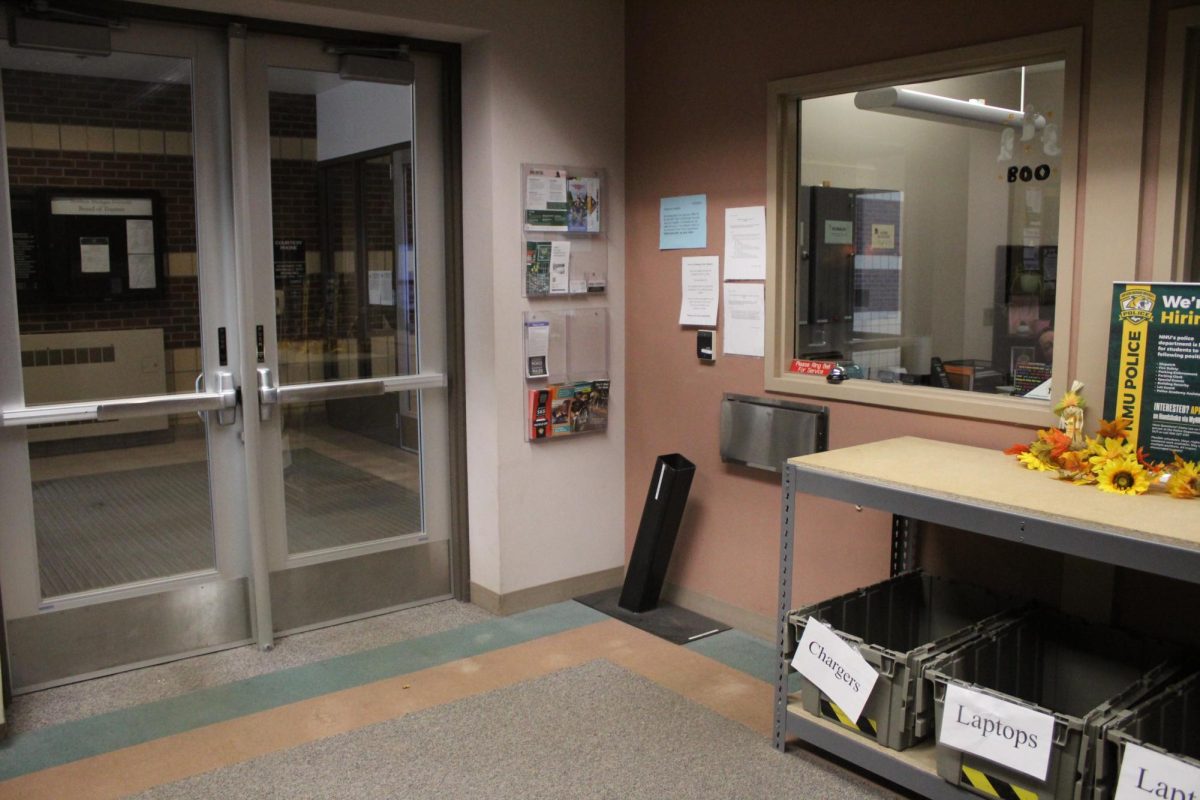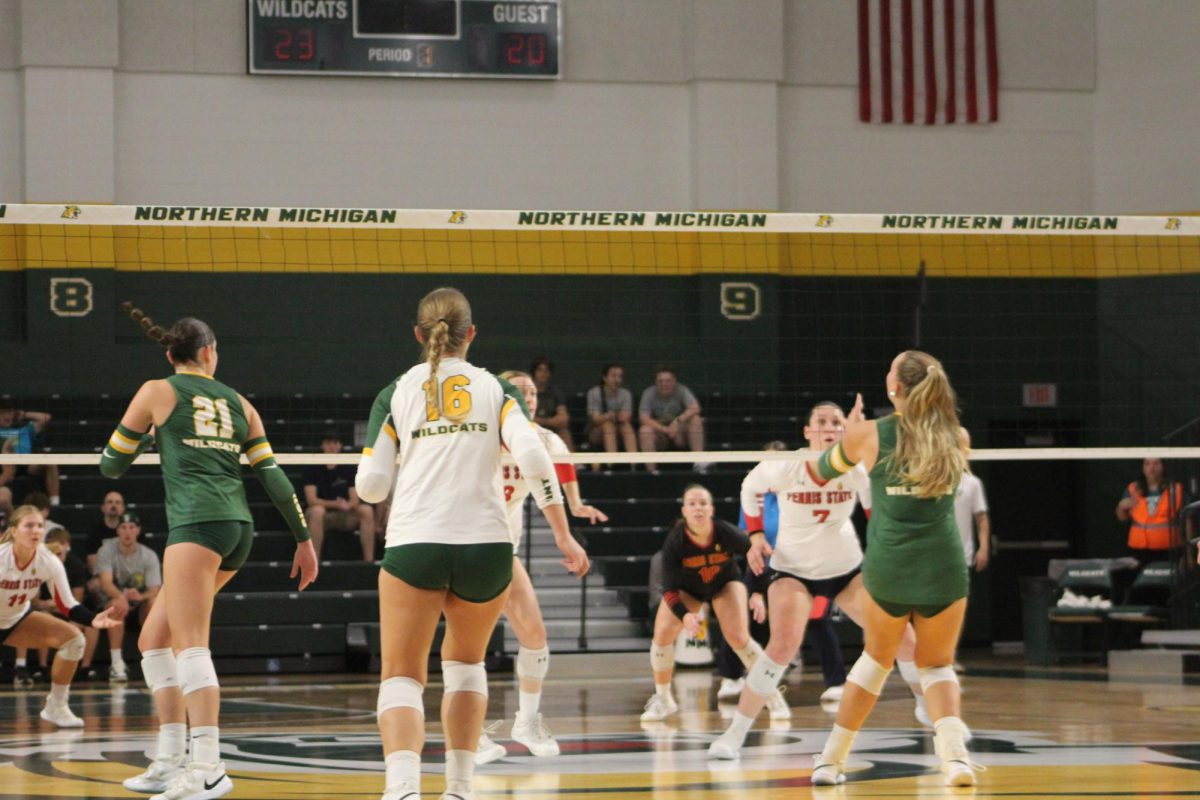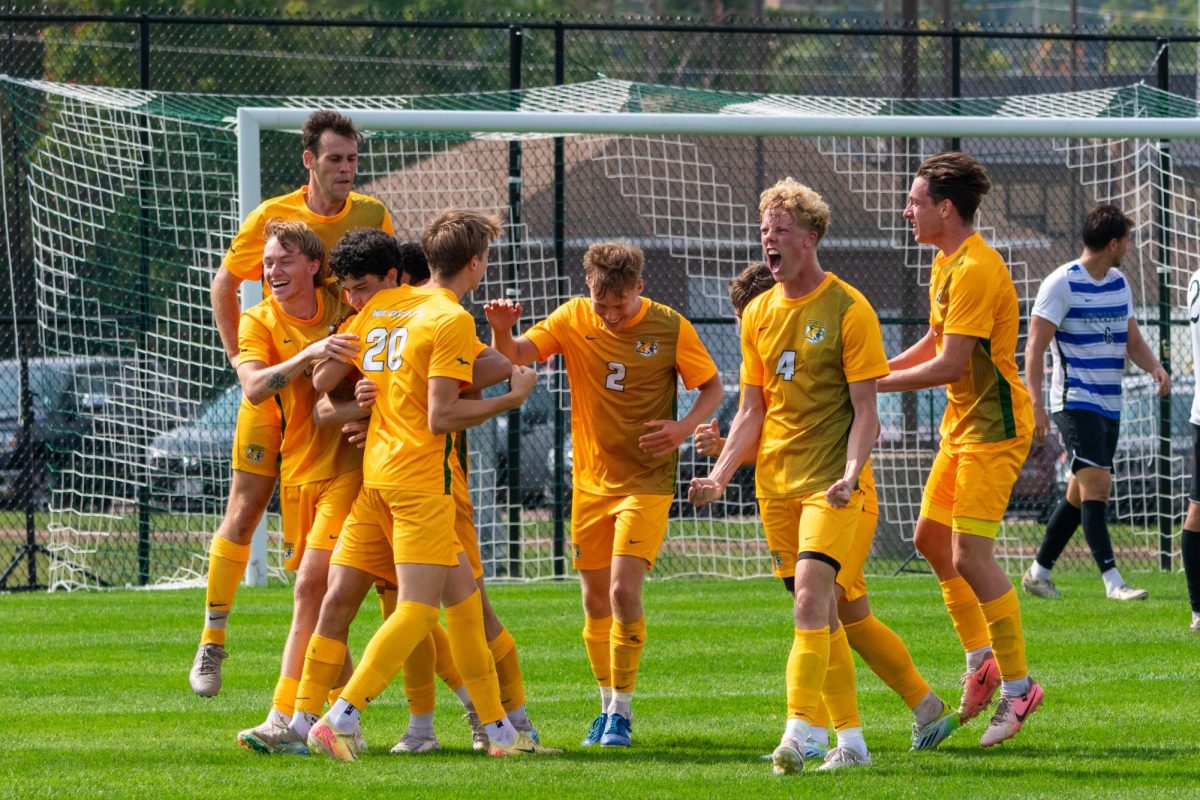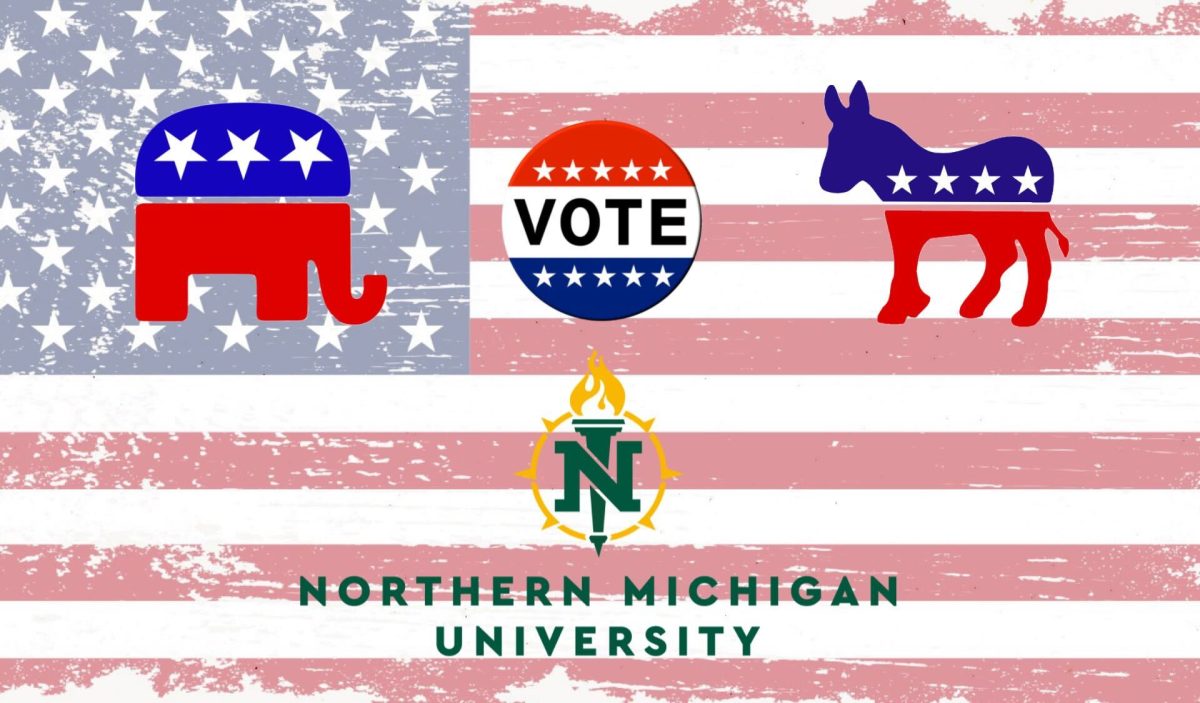“I would have been happy with zero,” said NMU President Les Wong, referring to his recent four percent salary increase, approved during the last Board of Trustees meeting on Dec. 11. The salary increased Wong’s base salary to $201,995 from $194,225. The increase comes at a time when Michigan’s economy is in a deep recession, and budgets across the university have been reviewed over the past few years to prevent overspending.
As stated in the Dec. 11 minutes, the Executive Committee within the Board of Trustees decided to give Wong the increase “in recognition for past performance as well as keeping the president’s compensation in line with peer positions.”
Wong has not received a pay increase since July 1, 2008. He had been offered a raise in 2009 but declined it due to concern over the state of the economy, he said.
“I had every confidence that the recession was going to get worse and I wanted to show people, and particularly the public, that I was very sensitive to that and still remain sensitive to that,” Wong said. “Personally (President’s wife) Phyllis (Wong) and I felt that in good faith and in respect for hardworking people everywhere that we couldn’t accept it.”
This time though, Wong consented when the committee insisted that in order to keep his salary competitive with other university presidents’ in the state, the increase was necessary. He said that, to some degree, the increase had less to do with him than with his eventual successor and the desire to get good candidates.
Chair of the Board of Trustees and former Executive Committee leader Brian Cloyd agreed to some extent, saying that maintaining a salary amount at the midpoint of others in the state is important for when Wong eventually leaves the position.
“You don’t want to be in a position where, in order to hire the right person, you have to hire that person at a salary so high that it’s a shock to your budgeting system,” Cloyd said. “And it’s a shock to the public in terms of, ‘why are you hiring this person at significantly higher salary than the previous person?’ So you really want to keep things in balance.”
Cloyd also said the raise was to reward Wong for his performance.
“Managing the university in tough economic times is a real challenge,” Cloyd said.
Wong listed his major achievements as having preserved state appropriations “to the best degree possible,” securing the largest gift in the history of the institution, securing money to renovate Jamrich hall and maintaining enrollment.
The salary increase, however, has raised some concern among faculty and staff who have been told consistently to be careful where money is spent.
Cloyd said that the economy was considered in discussion, but that at some point a decision has to be made about such things.
“The argument is that the economy will still have a tough time next year and probably the next year, so at what point do you say that we have to be able to operate the university and we have to be able to pay a person a salary level that reflects what their responsibilities are?” Cloyd said.
Such reasoning might not be sufficient for faculty in the American Association of University Professors (AAUP) union, who agreed to minimal increases in the last contract negotiation: two percent increase in 2009-2010, zero in 2010-2011 plus $700 in one-time dollars and zero percent in 2011-2012.
“The reason we did not insist on a higher pay … is because all of the financial difficulties that were going on in the state, and certainly the amount of money coming from the state to the university is less,” said Ron Sundell, president of NMU’s chapter of AAUP. “That means (students’) tuition and fees go up because it has to be covered somewhere. Faculty is aware of that and felt that … the burden should be shared by everybody.”
Sundell said that he worrys that the increase is an indication of the Board and NMU administrator’s priorities and questions where the Board of Trustees intends to put its resources.
“The important thing to look at is not somebody’s salary or the dollars or the percentage, but if we have a certain amount of dollars that are allocated for teaching students, what is the percentage that is going toward faculty so we can have sufficient number of faculty to teach courses?” Sundell asked.
Sundell emphasized however that that’s not to say that Wong isn’t deserving of the raise, he just feels that the weight of the economy should be shared across the university.
But since Wong turned down an increase in 2009, every union on campus has negotiated a raise for its membership. For instance, the technical and office professional staff union, UAW 1950, is receiving a 2 percent raise for every year in the current contract, from 2008 to 2011.
“It’s probably not accurate to say that I’m getting money and no one else received any money. I think it’s more accurate to say that I’m the last person,” Wong said.




























